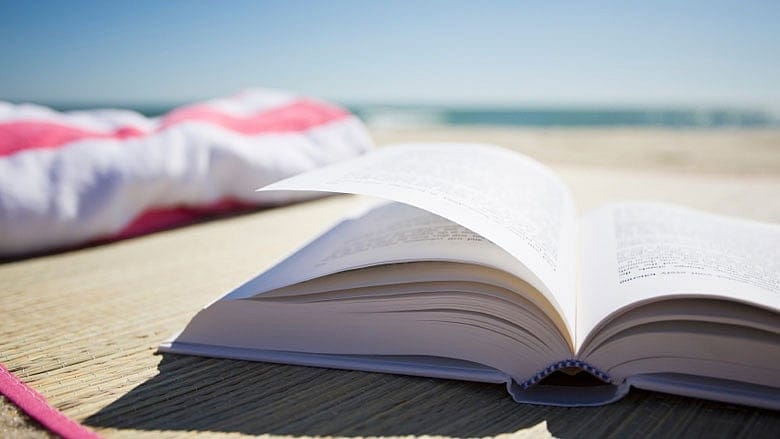Top 10: A conservative’s summer reading list

As Bay Staters escape from the realities of all things Trump and transgender this weekend to the refuge of beaches and barbecues this summer, here is a list of must-reading for proper conservatives. In anticipation of the upcoming political conventions, these selections are exceptional primers for those camp fire conversations, after the baseball, hot dogs and apple pie. Extra credit for those reading hard copy editions.
1. George F. Will: The Pursuit of Happiness and Other Sobering Thoughts. Before Ronald Reagan was elected president, the ascendancy of conservativism in the 80s could not have occurred were it not for intellectuals like Will, who helped lay its foundation. These columns (1974-1978), are a marvel of style, substance, wit and personality. Where else can you find pieces on Led Zeppelin and Solzhenitsyn in the same volume? You will understand why Will won the Pulitzer for commentary in 1977.

